Emotional Resilience: Learning from the Buddha’s Life Story
by: Lama Elizabeth Monson, PhD
The life story of the buddha is one of the most powerful examples in religious literary history of how it is possible to transform our relationship to difficult emotions from one of suffering and avoidance to one which allows us to live lives sourced in kindness, ease, wisdom and love.
We could say that the life story of the buddha presents us with a paradigm for exploring how to be in relationship with the reactive emotional energies, both internal and external, that keep us from accessing and responding to the world from our innate place of refuge – our Buddhanature – a way of being that is naturally compassionately responsive and which is unconditioned by reactivity. Even for those who do not identify as “Buddhist,” the Buddha’s life story offers a powerful template within which to explore one’s personal spiritual journey and relationship with emotional reactivity. When we read carefully, we see that the Buddha’s life story is our own story writ large and as we explore the Buddha’s life and spiritual evolvement, we can simultaneously explore our own path and trajectory with the painful suffering of disturbing emotions.
One of the most powerful ways that the Buddha’s life story can instruct and liberate us is that it demonstrates how to transform our relationship to afflictive emotions from one of aversion and reactivity to one of ease and appreciation. For example, close readings of metaphorical descriptions of the Buddha’s experience of encountering “Mara” under the Bodhi tree on the night of his enlightenment, provide us with a template for re-configuring our experience of and relationship to the difficult situations, emotions, and energies that we encounter in our lives.
As the story tells it, on the night of the Buddha’s full liberation, Mara attacks him, conjuring up different challenges to try to derail the young prince from achieving release from samsara – from the patterns of emotional reactivity and suffering that plague human existence. In each instance, the Buddha responds to these attacks by relaxing and resting in present-moment awareness, allowing the arising, dwelling, and dissolving of the provoking and threatening energies Mara symbolizes. By providing an environment of acceptance and permission, the Buddha transforms Mara’s attacks into opportunities to directly experience the raw energy of emotion, recognizing that these energies, seen as they truly are, are nothing more than manifestations of natural awareness – an innate outflow of compassionate responsiveness.
One of the ways to read the Buddha’s experience on this remarkable night is to see all these manifestations of “Mara” as expressions of the natural energetic unfolding and creativity of our basic nature. Due to many lifetimes of “othering” and reifying emotional experiences that feel unpleasant or challenging, our relationship to these expressions of “Mara” in our own lives is usually one of aversion and attempts to escape and resist what feels uncomfortable. The more we try to get away from how we feel, the more we become trapped in cycles of hope and fear, pain and pleasure, joy and sorrow.
However, if, following the Buddha’s example, we can learn to take a step back, to abide at ease in the present moment, and yet allow our emotional energy to arise and dissolve in its own time, we begin to recognize how, from the point of view of our deepest nature, there is a way in which our most difficult feelings are already blissful and free. Inquiring more deeply into this in our own experience, we might ask ourselves whether or not our so-called difficult emotions are only suffering, or is there something more? Is there something so pure, vivid, and alive in that experience that if we leave it alone, if we can step back and allow enough space, enough openness, it can self-liberate? Following the Buddha’s example, can we learn how to host our own emotions with enough gentle acceptance to allow their alive, energetic, and fluid nature to free itself?
For anyone who wishes to explore these questions and experience directly this process of emotional self-liberation and resilience, consider joining Emotional Resilience: Learning from the Buddha’s Life Story, August 19-22, 2021 at Shambhala Mountain Center. During this retreat, we will explore how close interpretive readings of the Buddha’s life story can deeply inform personal practice and ethical life by teaching us how to work with patterns of emotional reactivity, without suppressing or bypassing them, in order to find liberation in the midst of daily life. This program will combine in-depth textual study with contemplative and meditative techniques for a unique encounter with the Buddha as archetype, inspiration, and embodiment of wisdom and compassion.
About the Author

Some of Liz’s teaching interests include accessing and practicing with the powerful awakened energies and open awareness expressed through the natural world; providing tools for how to become free in everyday life; transmitting lineage teachings; and responding to contemporary social and spiritual issues as a path for liberation.
Liz has lectured at the Harvard Divinity School and is the co-translator of More Than a Madman: The Divine Words of Drukpa Kunley (2014), a translation of the autobiography of the mad yogi, Drukpa Kunley. She is the author of Tales of a Mad Yogi: The Life and Wild Wisdom of Drukpa Kunley (Snowlion, 2021) and is currently writing a book on Tantra for Shambhala Publications.


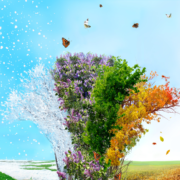
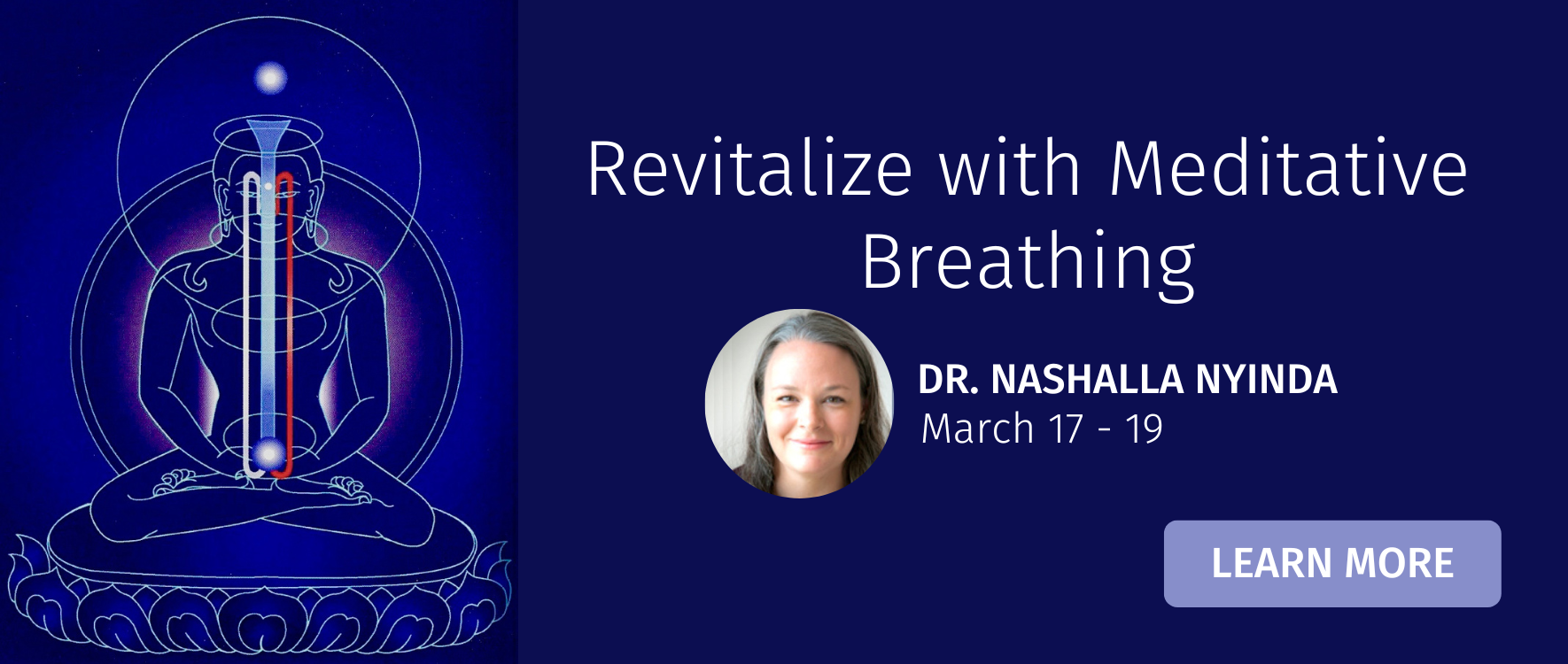

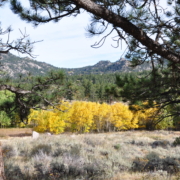
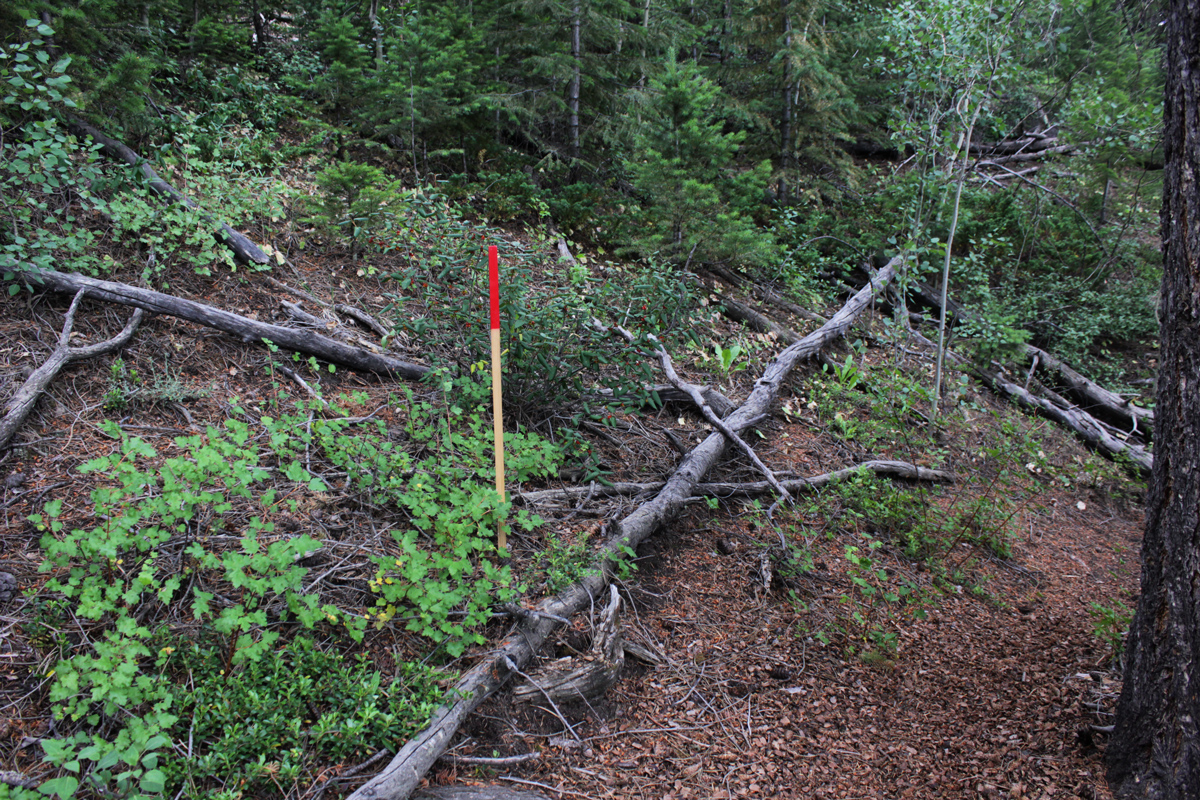

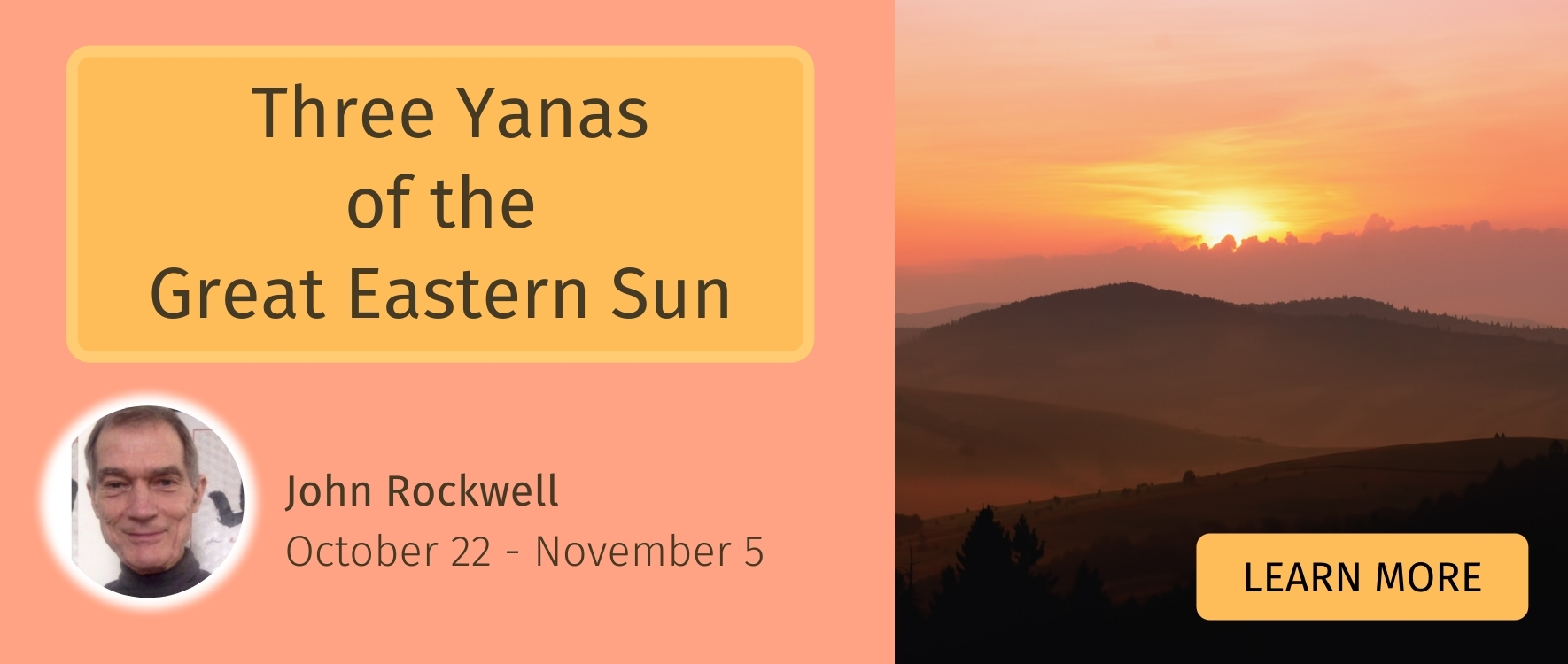
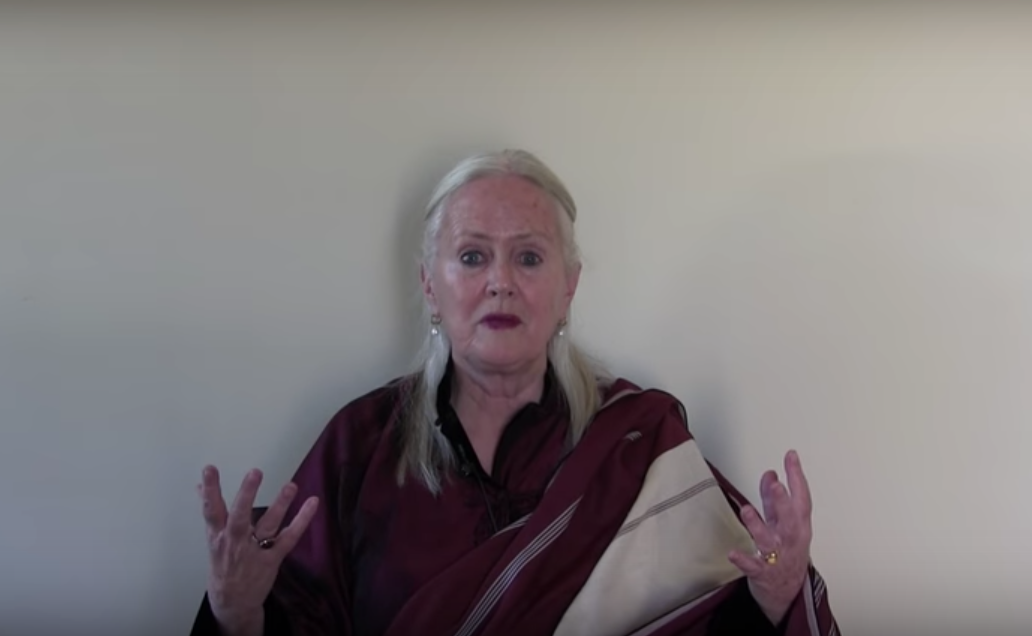
Leave a Reply
Want to join the discussion?Feel free to contribute!